Longshot US presidential candidate convicted over tax fraud scheme that harmed Australian expats
A longshot presidential candidate who tried to knock out Donald Trump could be jailed for nearly 100 years for a tax fraud scheme that harmed Aussie expats.
United States
Don't miss out on the headlines from United States. Followed categories will be added to My News.
A longshot US presidential candidate who rose to prominence trying to disqualify Donald Trump from November’s election has been convicted of a massive tax fraud scheme which targeted Australian expats.
Rogue accountant John Castro made more than $US15m by promising generous tax refunds to clients, filing returns full of false deductions which they often never saw or approved, and then keeping a big chunk of the money paid out by the American tax office.
His Australian victims say he pursued them as clients by promising to help them navigate complex tax rules on their superannuation while they lived in the US, only to later threaten those who questioned his advice as some had to pay back tens of thousands of dollars.
Castro faces up to 99 years in prison when he is sentenced this week, with Internal Revenue Service special agent in charge Jenifer Piovesan saying he victimised his clients “all in the name of greed”.
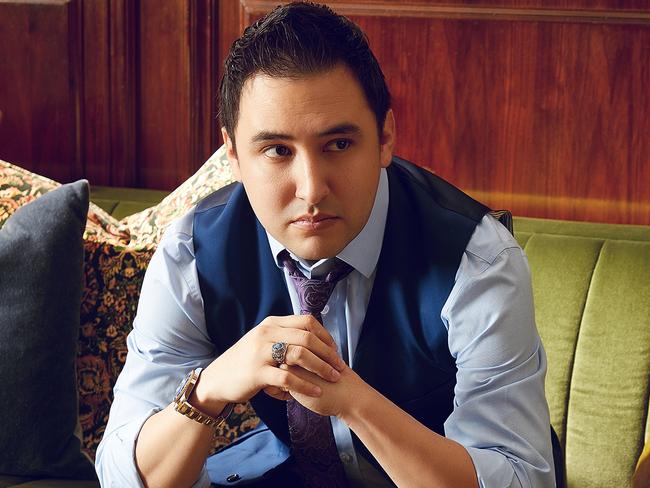
Castro, from Texas, launched his bid for the Republican nomination last year and loaned $US20m to his campaign as he received national hype for his bid to knock out Mr Trump.
The New York Times reported he launched lawsuits in at least 27 states claiming the former president was ineligible under the Constitution’s ban on insurrectionists holding public office.
“My biggest fear was having the knowledge how to stop Trump and having to tell my grandchildren that I did nothing,” Castro told the Times.
Newsweek profiled him as one of Mr Trump’s “fiercest critics” who was helping the Republican Party “regain a soul”. When he was later charged with tax crimes, Castro told the outlet the case was “political retaliation” to “silence” him.
But a four-month investigation by this masthead can reveal:
THE Florida Bar warned Castro to “cease and desist” claiming he was a lawyer, given he failed to pass the bar exam. That cost him a job at a law firm, which he sued unsuccessfully for $US3.6m.
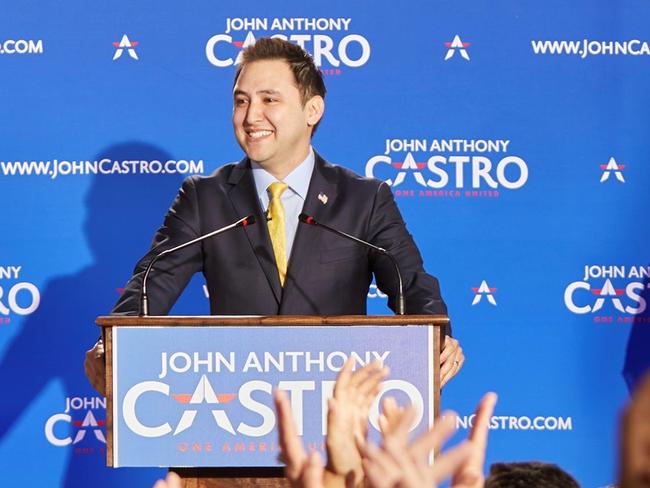
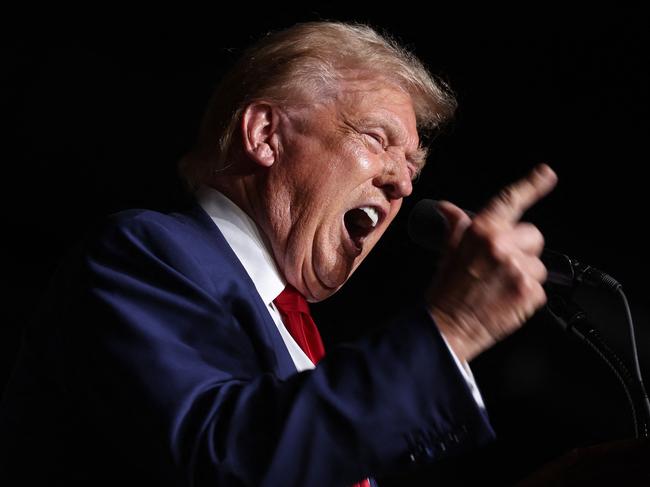
When Castro realised he was being investigated by the IRS, he brought a lawsuit against Mr Trump accusing him of orchestrating “an unlawful surveillance program” to discredit him, a plot he claimed included America’s Pine Gap spy base in Australia.
HE also sued Mr Trump for editing his Wikipedia page to say he was a “sleazy” attorney and never served in the US military, which he claimed was “verifiably false” even though he never saw active service and dropped out of a military prep school.
A FEDERAL judge declared he was a vexatious litigant, having filed dozens of other cases across the US that contained “numerous examples of clearly inappropriate attacks”.
CASTRO’S criminal record also included misdemeanour charges for assault, making a hoax bomb threat, and sending a threatening email to a public official.
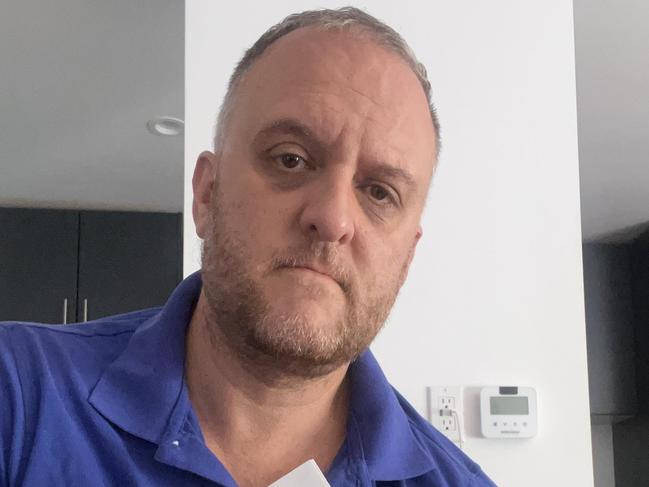
Cameron Patterson, a Melburnian who works in California, said he was “screwed over” by Castro with illegitimate deductions that left him with a $US8500 bill after he was audited.
“Another American shyster who’s convinced he’s smarter than everyone else finally getting what he deserves,” he said of Castro’s conviction.
The US Attorney’s Office said Castro caused “significant financial hardship” to his victims and that he was “highly vindictive” when they challenged him, berating them in emails, threatening legal action and even filing amended returns that left them with huge tax bills.
Castro is now on remand in a federal prison for inmates with medical needs. He did not respond to questions sent through his wife.
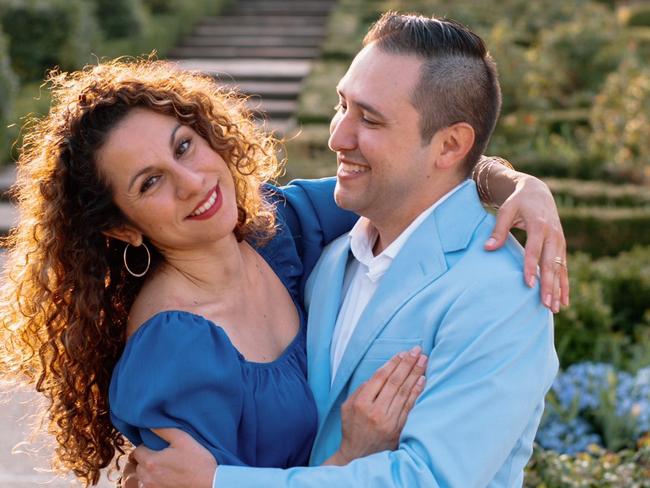
The US Attorney’s Office said he admitted at his trial to making tax claims that were “extreme, outlandish and not supported by law”, as well as a “bevy of prior falsifications”.
In a letter to the judge handling his case, he acknowledged his “moral failures and shortcomings”, saying he “failed to explain to clients the uncertainty of the legal positions I advocated for and, in doing so, harmed clients that were not in a position to understand”.
More Coverage
Originally published as Longshot US presidential candidate convicted over tax fraud scheme that harmed Australian expats





